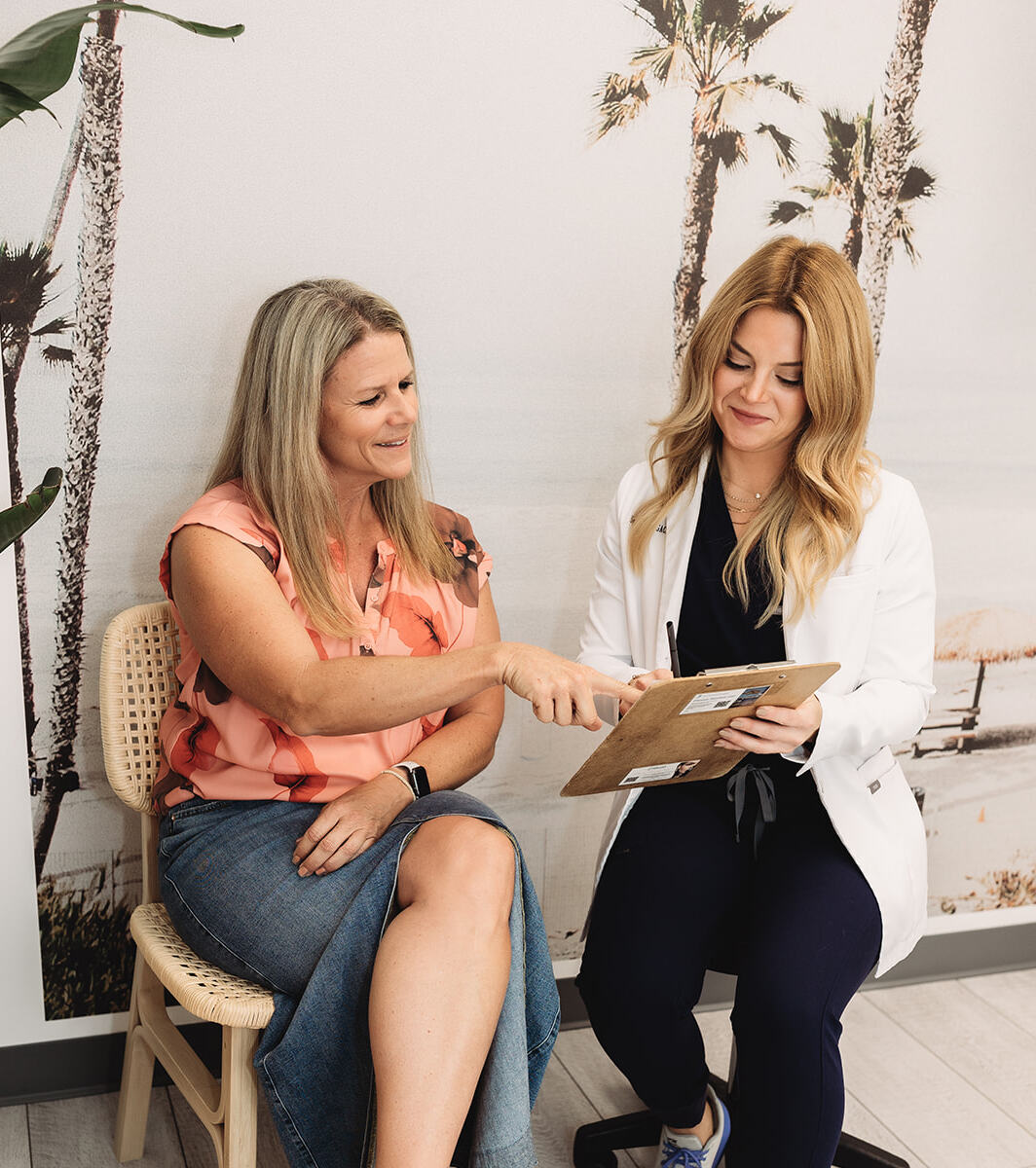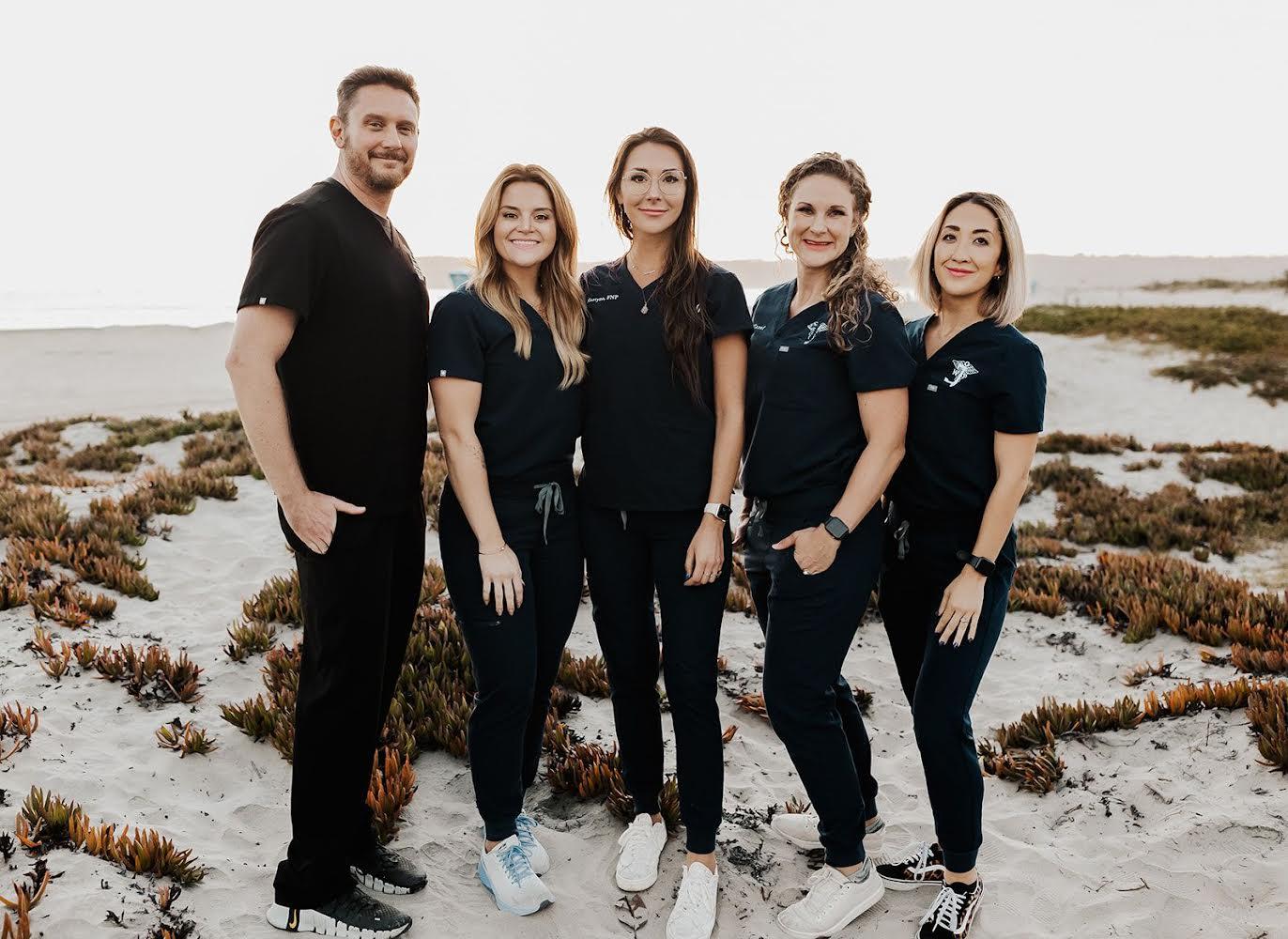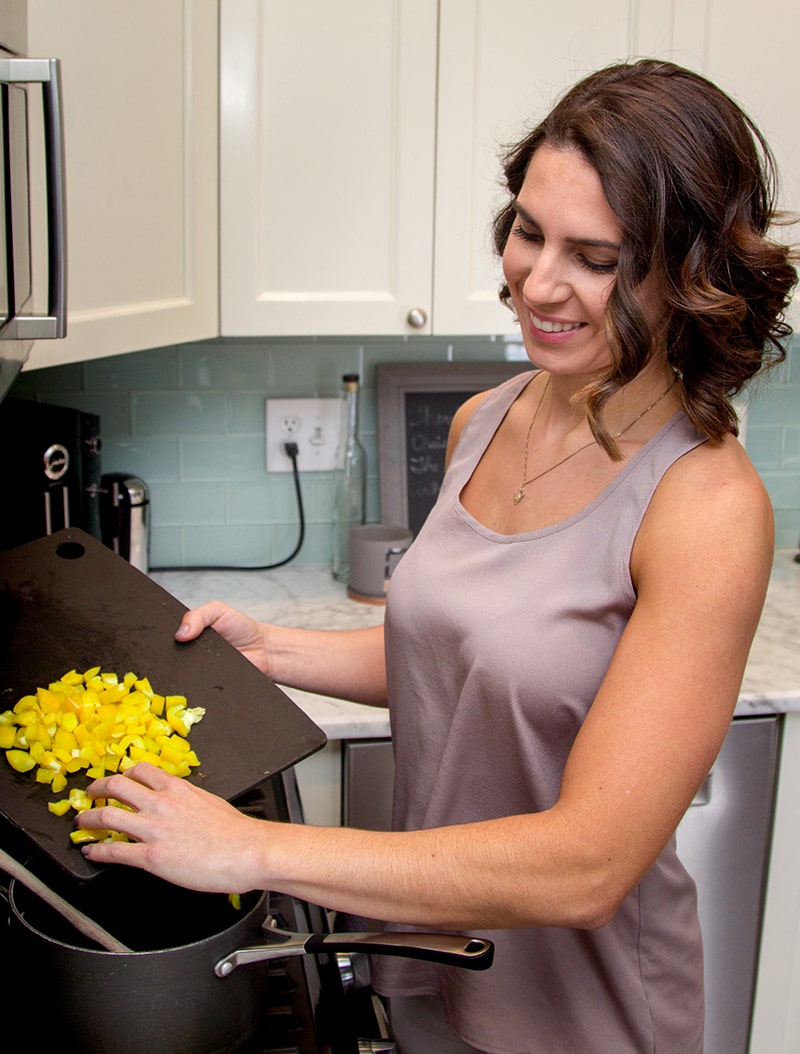Inositol is often advertised and prescribed for patients from dietitians, functional medicine doctors, and from integrative OB/GYNs. Let me break down the why’s behind it.
What are inositols?
They are B-vitamin “relatives” and are a part of cell membranes. We get inositols from food! Some fruits, beans, grains and nuts. Plus our body can make them. There are a few different kinds of inositol, but the two most studied forms are myo-inositol and d-chiroinositol.
What do inositols do?
Carbohydrates are changed into sugar in our blood stream. We need that blood sugar to move from blood into our cells to be used to fuel our bodies’ activities. Insulin is the hormone that tells cells to open. When our bodies are insulin resistant it takes extra help to have cells respond to that insulin. The helpers are inositols.
Why this matters for cycles and fertility?
Your ovaries are one of the only tissues in your body that never give insulin the middle finger. What does that mean? When the rest of your body is being flooded with excess insulin, your ovaries are having to deal with all the extra traffic. They in turn convert way too much myo-inositol into d-chiro form. This is one of the reasons women with PCOS and other fertility delays have issues with oocytes that are ready for ovulation.
The trickle down effect means that your ovaries are converting too much myo-inositiol into d-chiro inositol. Too much d-chiro inositol supplementation as has been shown as toxic to the ovaries. We need to get to the roots of the issue. The insulin resistance and supplementing with the RIGHT inositol. Too much myo gets turned into d-chiro. So supplementing with d chiro or a blend of myo/d chiro isn’t as helpful as supplementing with myo inositol on it’s own.
So what to do:
1) Buy myo-inositol. Work with a healthcare provider to choose the right dosage. I usually have clients take 4 gm to 6 gm / day.
2) Eat protein at all meals and snacks. You tired of hearing that one yet? Well, I’m sorry. It is one of the most helpful ways to combat insulin resistance.
3) Hire a dietitian that knows what’s up for your fertility!
By Sophia Pavia, RDN
Email: info@sophiathedietitian.com or visit https://sophiathedietitian.com/endocrine-and-reproductive-health/ to learn more!








